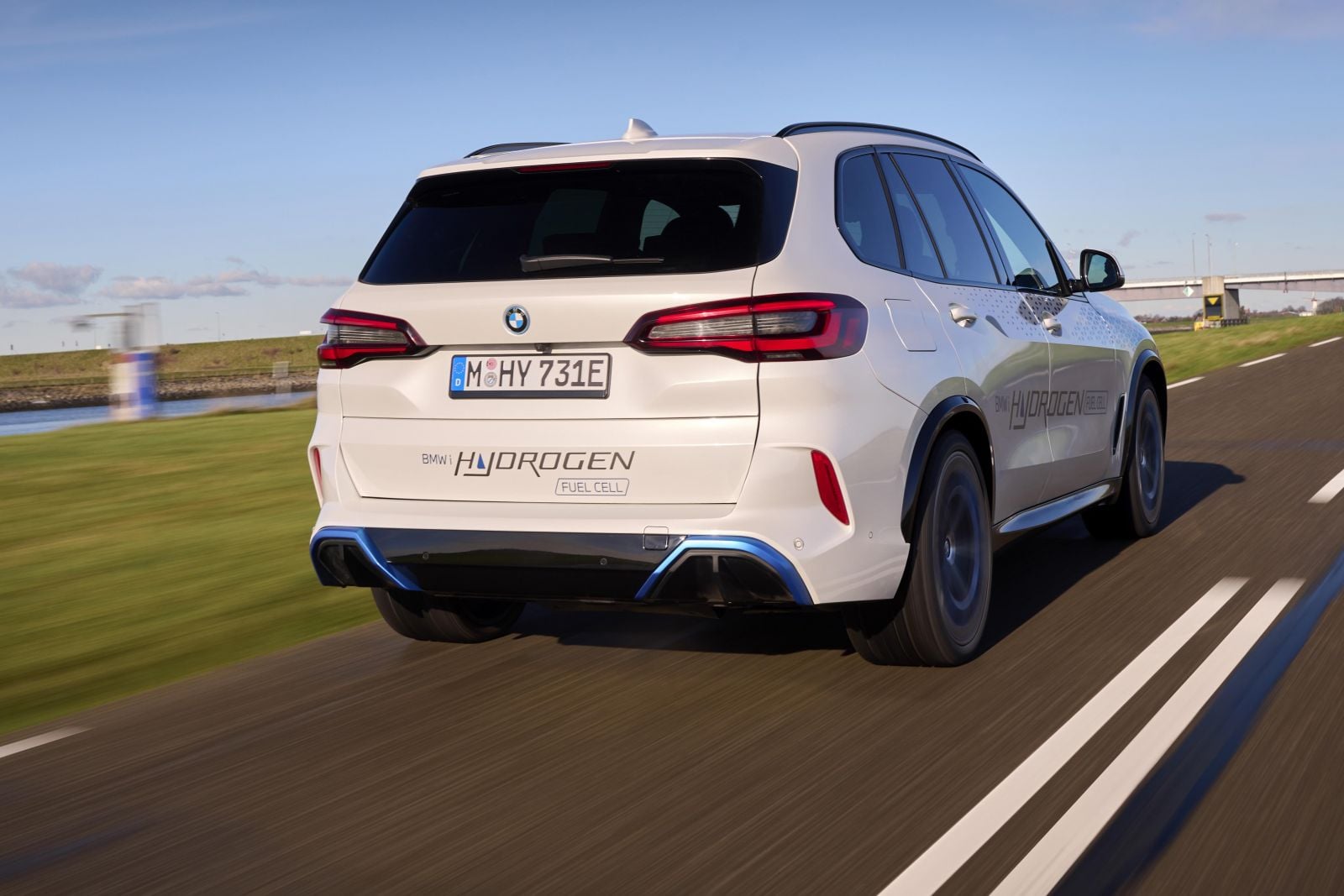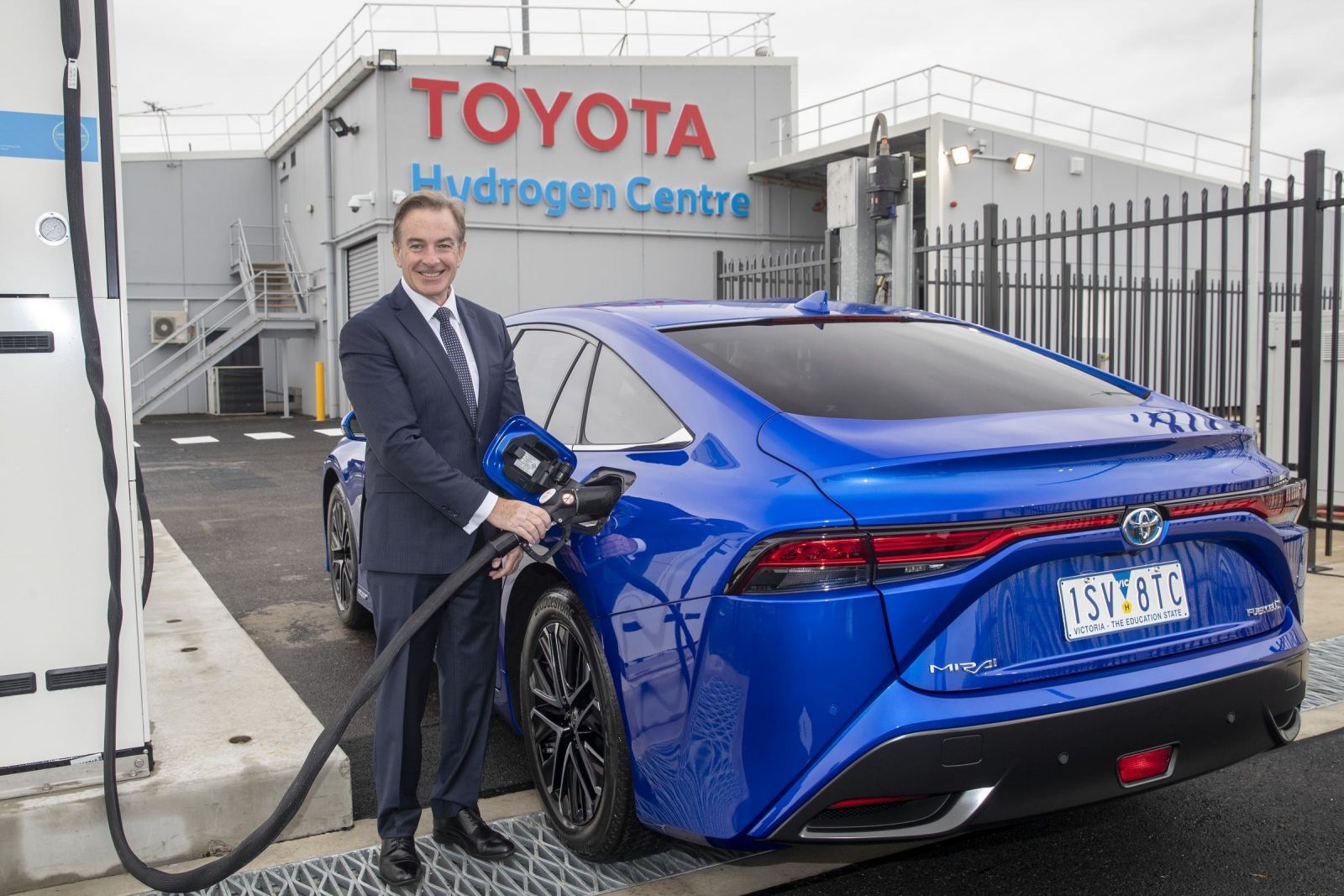BMW hasn’t given up on hydrogen power.
Chief engineer on the brand’s hydrogen project, Jürgen Guldner, told media (as reported by Autocar) that BMW is waiting for “the tipping point of the infrastructure”.
Mr Guldner said it’s “a matter of time” before hydrogen comes into its own, suggesting a “significant minority” of European sales could be of hydrogen fuel-cell vehicles (FCEVs).
“The scaling for battery-electric cars will reach some limits and the limits will be different in different countries. It could be raw materials. It could be infrastructure,” he said, as reported by Autocar.
It’s planning to bring a series-production FCEV to market by 2030.
As carmakers have gradually abandoned their plans to develop hydrogen fuel-cell passenger cars, BMW has stood by the technology as a feasible mainstream alternative to electric vehicles.
BMW chairman Oliver Zipse has previously said after electric cars, hydrogen will be “the hippest thing to drive“. He’s also cautioned against viewing electric vehicles as the only path to decarbonisation.
“To say in the UK about 2030 or the UK and in Europe in 2035, there’s only one drivetrain [EV], that is a dangerous thing,” Mr Zipse said.
Greater use of fuel cells for BMW vehicles could also help reduce the need for raw materials such as lithium and cobalt. Its hydrogen fuel-cell system uses aluminium, steel and platinum, all of which are recyclable.
There are also the benefits of FCEVs, like quicker charging/filling times than EVs – three to four minutes for a complete fill, even in freezing conditions – and zero emissions, with only water vapour coming out of the exhaust.
BMW believes the powertrain suits customers “who do not have their own access to electric charging infrastructure, frequently travel long distances or desire a high degree of flexibility”.
It has attempted to demonstrate these concepts with a limited-production version of its X5 SUV called the iX5.
Hyundai and Toyota are arguably the leaders in the hydrogen field, with their Nexo and Mirai, respectively, offered in various markets around the world including Australia.
Toyota has taken a similar approach to BMW, with local vice president of sales and marketing Sean Hanley telling media “we’ll have a battery electric vehicle for some customers we’ll have hybrid electric vehicles, fuel-cell electric vehicles and plug-in hybrids”.
“We believe that you have to have a diverse range of technologies to get there. The point is this: carbon is the enemy here, not the powertrain, right? We are a full supporter of some mandated type of legislation around CO2,” he said.
MORE: Everything BMW X5



